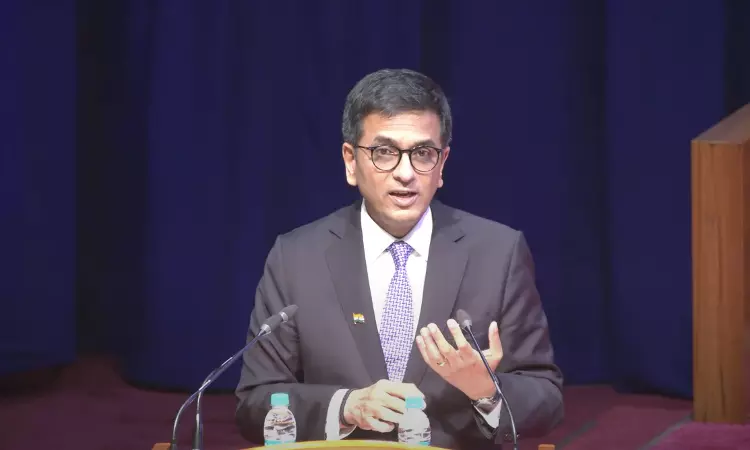Chief Justice DY Chandrachud speaking at Justice Keshav Chandra Dhulia Memoral Lecture on the topic of 'Democracy, Debate and Dissent' on Saturday, said“For all citizens to feel free in a democracy, the State must side with the weaker population which may be a numerical or a social minority. This may at first appear to be at odds with the democratic principle of majority rule. However, a...

